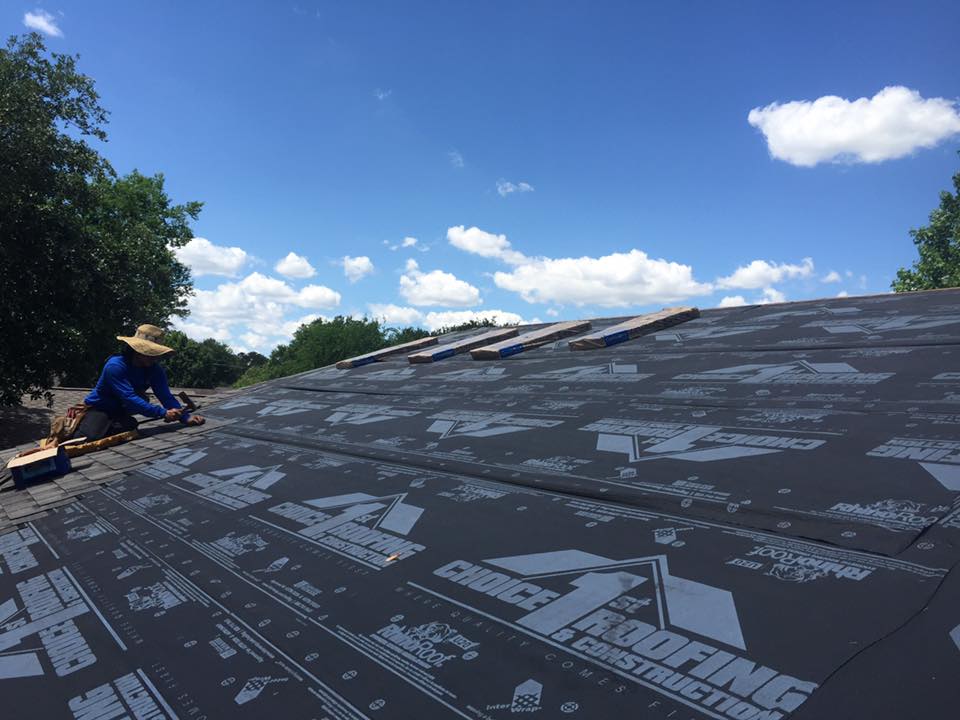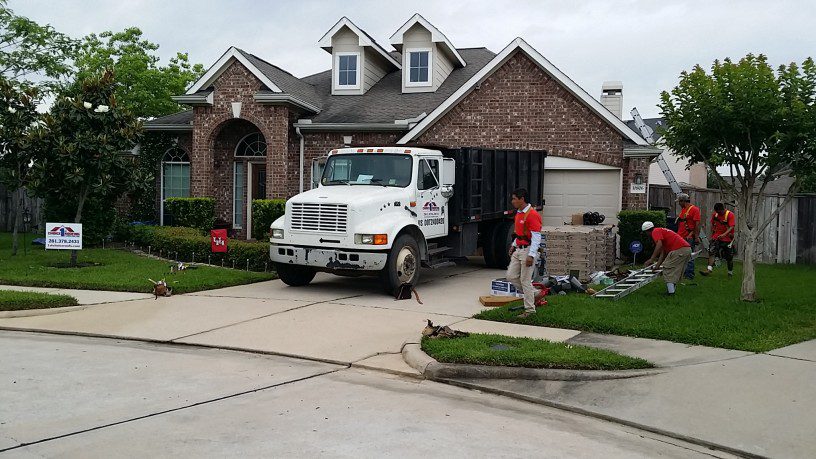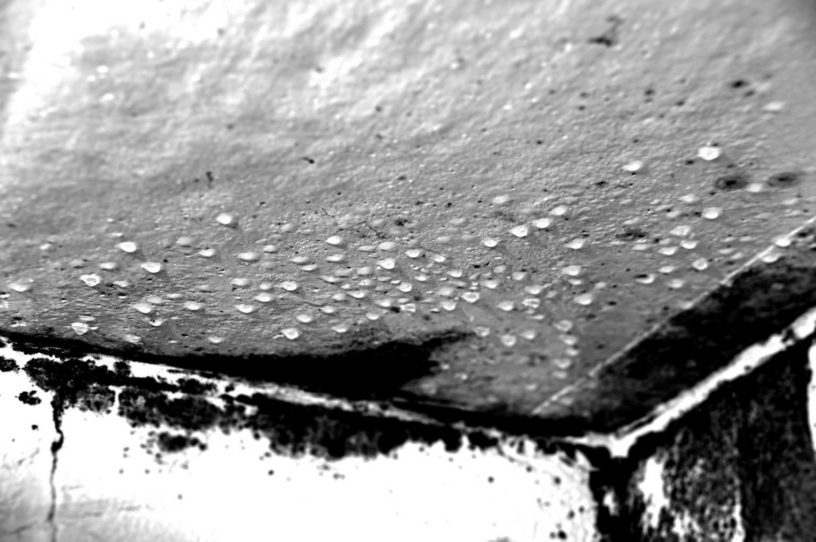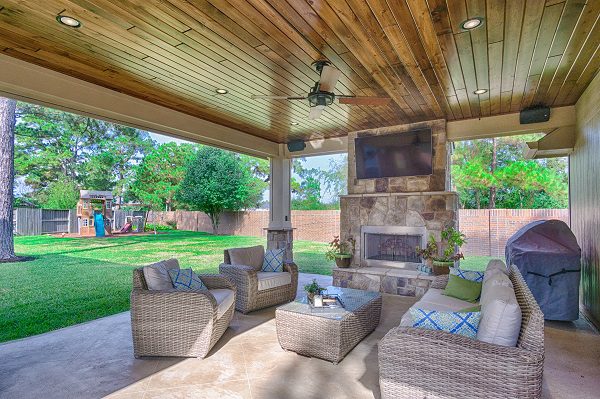Water leaks are among a home owner’s worst nightmares. Here is a list of some of the more common causes of water leaks, and tips for how you can hopefully avoid them:
Roof Wear & Tear
Slow roof leaks are sometimes the most damaging type of water leaks, because water damage usually begins in your attic where you might not notice it immediately. It can spread unobserved inside your walls causing decomposition and mold. Call us today  at 281.378.2431 for a free roof inspection to reduce your risk of leaks due to wear and tear.
Water Pipe Leaks
Whether through corrosion, too much pressure on joints, or other damage, a leaking water pipe can cause a severe leak that damages your drywall and totals your flooring. If you notice discoloration on walls, chalky flaking paint, or unexplained moisture, it’s wise to find the source as fast as possible. Call a reputable and insured plumber for repairs, such as OneTorontoPlumbing.com.
Water Heater Leaks
Depending on where your water heater is leaking, you may or may not need to replace it. If it’s leaking from the tank itself, that’s a big red flag. If it’s 6 to 10 years old, it may be on it’s last leg, and repairing it could only buy you a few months to a year before another leak or malfunction occures.
Air Conditioner Leaks
The most common cause of an AC leak is a clogged condensate drain line. If anything from balls of hair, to mold, to debris clog that pipe, condensation from your AC can back up into your home. A corroded or damaged drain pan, broken condensate pump, or frozen evaporator coil are also possible culprits. If you notice condensation on a pipe, or the pipe appears to be leaking and feels very cold, contact a plumber or AC repair company.
Leaking Appliances
Corrosion, mineral scale, and general wear and tear in appliances is another common cause of leaks. When your washing machine, dishwasher, or refrigerator springs a leak, it can ruin cabinetry, flooring, furniture, and other appliances. It’s important to turn the water off to your house any time you leave town.
Sink Leaks
Plumbing under sinks can become corroded and mineral buildup inside joints can cause damage. Clogged sinks are another common cause of water leaks. Be sure to check under your sinks every so often for dripping, or any signs of water damage. Catching a leak in its beginning stages can help you avoid damage to cabinetry, mold, and flooding.
Leaking or Running Toilets
A running toilet is definitely something you want to catch! While toilets don’t usually flood your home, a toilet that’s frequently running can cost you a lot on your water bill. If you notice a toilet whistles, runs, gurgles, or for whatever reason suspect you might have a leak, consider replacing the mechanisms inside your toilet basin. There is lots of information online about how to cheaply DIY this project, including this article from This Old House.
Storm Damage
Wind, fallen branches, and hail are among the most common culprits behind storm damage. Because storm damage is rarely exclusive to your roof, it’s wise to hire a general contractor, such as 1st Choice Roofing & Construction, who can also handle damaged siding, gutters, windows, and repair structural damage. Call us for a free storm damage analysis at 281.378.2431.
Animal Damage
It’s no fun finding out a squirrel chewed a hole in your siding and now rain is coming through. To prevent animals from gnawing and entering your home, regularly trim tree branches that could provide shelter and easy access. Also visually inspect the perimeter of your home for unsealed cracks and loose vents that might provide an entry point for critters.
Leaking Windows & Doors
Texas heat is notorious for compromising caulk. Whether your sealant is dry and cracked or melts right off the glass, it will leave your windows vulnerable to leaks. Inspect the caulk around windows and doors to make sure its flush and sealed. Discolored, peeling, warped, or cracked caulk can easily be peeled off and replaced. Replace weather stripping around doors if you see cracks of sunlight or can feel outdoor air seeping through.








